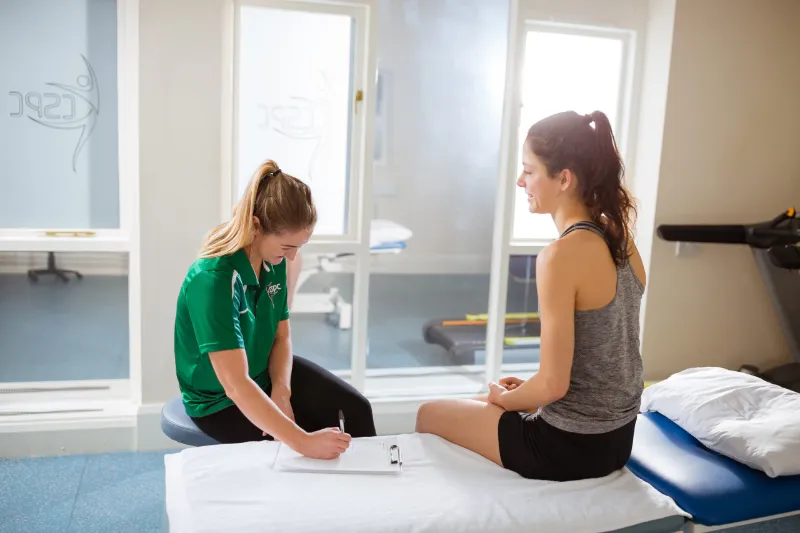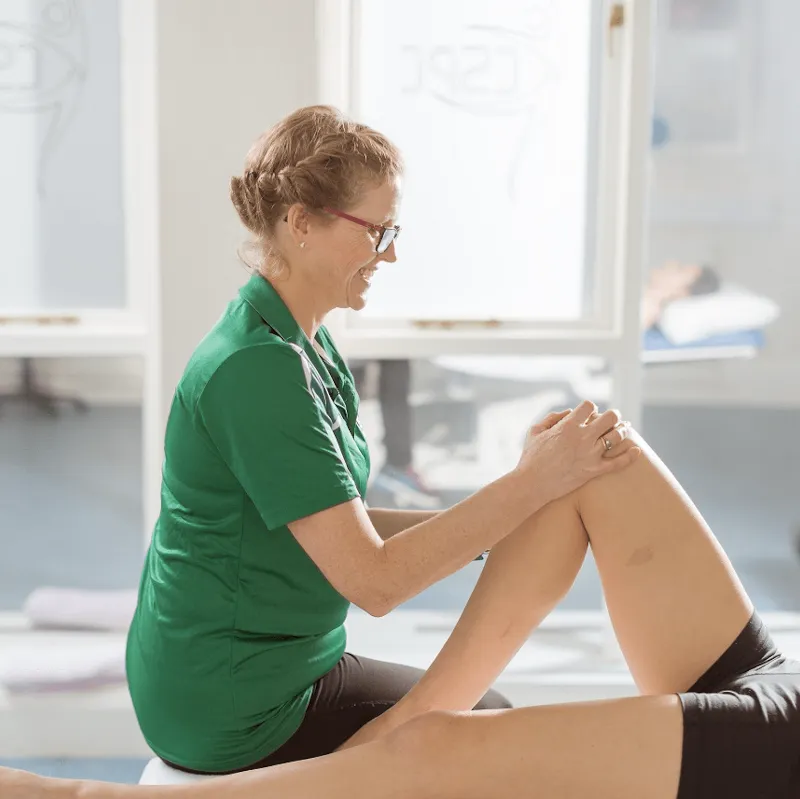Hormonal changes
- Initially pregnancy hormones are produced by the ovaries, and then in larger amounts by the placenta.
- Oestrogen promotes growth
- Progesterone relaxes smooth muscle tissue (small muscles in the capillaries, gut, and bowel)
- Relaxin relaxes ligaments and fibrous tissue
Hormones are responsible for the growth of the uterus during pregnancy. The uterus increases in volume from being about the size of a grapefruit at week 12 to the size of a watermelon at the end of a pregnancy. The smooth muscle in the wall of the uterus hypertrophies during pregnancy and increases in weight 45g- 480g.
Normal weight gain in pregnancy is generally under influence of oestrogen, which also affects how fat is distributed.
Metabolic changes
There is a gradual increase in energy expenditure over the time of the pregnancy. In the final four weeks, the baby gains about 500g per week. Baby growth requires the mother to eat and rest sufficiently. In pregnancy, fat stores are not used first, therefore blood sugar levels can drop rapidly and care should be taken to refuel well after exercise and to be aware of this to prevent blood sugar drops.
Weight gain is caused by fluid retention, fat storage, the breasts and uterus enlarging, amniotic fluid and baby growth, and fat is more likely to be stored around abdomen and thighs.
Contrary to popular belief, it is not necessary to “eat for two” for the whole pregnancy. This can lead to excessive weight gain, which can be hard to lose after the birth. It is only in the last trimester of the pregnancy where there is a slightly greater requirement for extra calories, which actually amounts to 200-300 extra calories per day, about the equivalent to two slices of bread. It may be worth seeking the advice of a nutritionist. In mothers who breastfeed there is an increased need to stay hydrated.
Digestive changes
Progesterone has a relaxing effect on the smooth muscles in the bowel, the contraction of which are required for normal transit times and bowel movements. Constipation can contribute to haemorrhoids, so is important to try to avoid. Other digestive changes are associated with circulating oestrogen, which can cause nausea, vomiting and low blood sugar.
Heartburn is caused by hormonal changes and the uterus pushing the stomach and stomach contents up into the diaphragm. Take care to keep fluid intake sufficient to help reduce constipation; exercise and movement is also useful to help with movement of food and digestive products through the digestive tract.
Changes in urinary system
Changes in the urinary system are associated with relaxin affecting smooth muscle and ligaments. There is likely to be an increased frequency in micturition (passing urine) associated with pressure on the bladder, and the hormonal effects of relaxin on smooth muscle tissue.
Urinary tract infections are more likely and are associated with urine pooling and insufficient fluid intake. It is important to remain hydrated, and to commence and continue with pelvic floor exercises throughout pregnancy and after the birth.
Respiratory changes
There is an increased demand for oxygen (O2), due to an increased basal metabolic rate. Additionally, progesterone increases sensitivity to carbon dioxide (CO2), resulting in increased breathlessness. The uterus also restricts the movement of the diaphragm, further increasing breathlessness, and causing compensatory rib flaring. There is a gradual increase in tidal volume, while vital capacity remains unchanged. It is important that pregnant women do not hold their breath, especially when exercising.
It is particularly important not to do a Valsalva Manoeuvre i.e. holding the breath and pushing down as one would when lifting weights. Rib and back pain can be relieved by overhead reaching. Concentrating on the types of slow breathing taught in yoga or at prenatal classes are good to do for short periods during the day, to help with relaxation and improve the quality of breathing mechanics.
Circulatory system
There is an increase in plasma by about 40% more than red cell mass, which causes physiological anaemia. This can result in increased feelings of tiredness. The heart increases in size by about 12% to accommodate the extra work required during pregnancy and heart rate can increase by 10-15 beats per minute. Increased blood flow can also cause the gums and nose to bleed, nasal congestion, vaginal discharge, cramp and carpal tunnel syndrome.
If experiencing carpal tunnel syndrome or pain in the wrists, raising the hands and arms, resting them frequently when typing, and supporting the hands on a pillow at night can all help to relieve symptoms.
Swelling in the calves and feet can be reduced by sitting for periods of time daily with the feet elevated.
Emotional changes
Mood swings can occur due to hormones, especially in early and late pregnancy. Blood sugars dropping easily (see above) can also cause mood swings.
Refuelling well after exercise and making sure there are snacks available if blood sugars do drop, and making sure there aren’t large gaps between meals can help to avoid this.
Skin changes
During pregnancy, easier adaptation to body temperature occurs as pregnant women sweat more readily and breathe more deeply.
It is important to stay cool when exercising (see section on exercising when pregnant), by wearing the fewer or loose clothes and using a fan.
Sitting for a long period of time
Sitting in a hot theatre or cinema for example, can increase the likelihood of fainting, due to the redistribution of blood into the skin as you get hot, and blood pooling in the lower legs.
It is advisable to remain well hydrated, wear thin layers of clothing to help regulate temperature control and to raise and lower the heels while sitting to help pump the blood away from the calves and back into the system.
GET IN TOUCH
If you have any questions, are ready to book an appointment or are planning your trip to see us then you’ll find all the information you need below.
See why patients
love CSPC Physiotherapy






